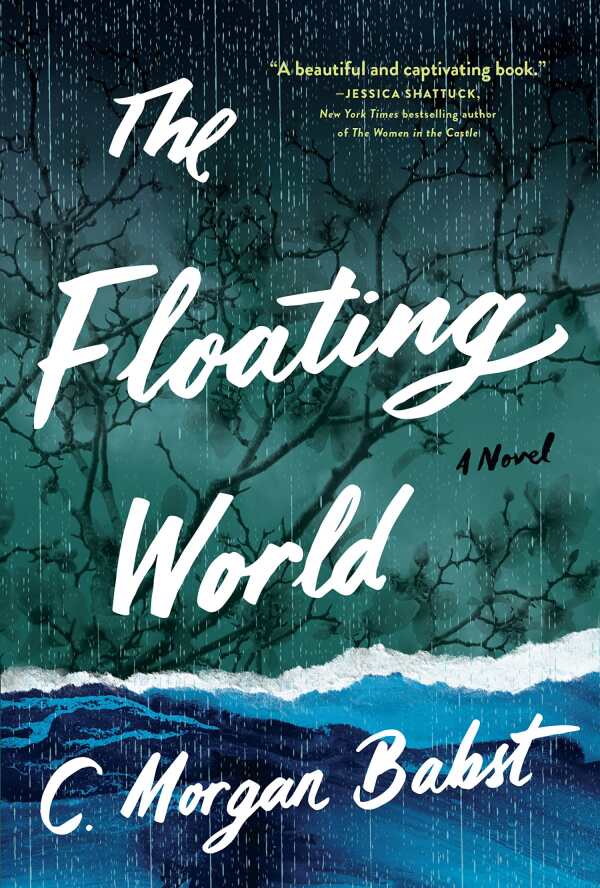
The Floating World
Brutal honesty wins out over artifice in this story of the aftermath of Hurricane Katrina.
Sometimes, despite the best preparations we make: levees break, defenses fall. Such vulnerabilities are an overarching theme of C. Morgan Babst’s captivating The Floating World, a novel set in the aftermath of Hurricane Katrina that, through one family, examines just how much that notorious storm managed to wash away.
The book’s beginning is brutal, capturing the physical devastation and the human carnage of the storm. Cora, the eldest Boisdoré daughter, is the novel’s centering force: a woman who feels too much, she is the least suited among her clan to remain in the city and weather the storm. But stay she does, battening down, then rowing out—and seeing too much.
When her concerned parents—Joe, a Creole artist, and Tess, the rebellious daughter of an old-money family—return, they find her safe, but changed. Their efforts to regain what was lost throw the family into a tailspin.
Cora’s fiery sister Del abandons her life in New York to reentwine herself with her family and her city—a place neglected by the national powers-that-be, Del is certain, because its image, like hers, is associated with blackness. As the Boisdorés sift through the wreckage of their carefully constructed, outwardly gilded life, they’re forced to reevaluate their notions of self: what is actually worth saving? What is real? What is lasting?
The novel’s revelations aren’t always happy ones. Brutal honesty wins out over artifice as the family members navigate their changed landscapes, confronting anew issues from racism to belonging to the necessity of securing a personally sustaining trade. Babst’s is a flawed but authentic cast: some characters maintain grudges forcefully, some betray their loved ones, some have secrets that they’re drowning in. Following them as they battle their way toward solid footing—if often on unfamiliar grounds—is thoroughly engaging.
The Floating World is intelligent and penetrating as it takes on a tragedy that, over a decade past the fact, Americans are still grappling to comprehend.
Reviewed by
Michelle Anne Schingler
Disclosure: This article is not an endorsement, but a review. The publisher of this book provided free copies of the book to have their book reviewed by a professional reviewer. No fee was paid by the publisher for this review. Foreword Reviews only recommends books that we love. Foreword Magazine, Inc. is disclosing this in accordance with the Federal Trade Commission’s 16 CFR, Part 255.
